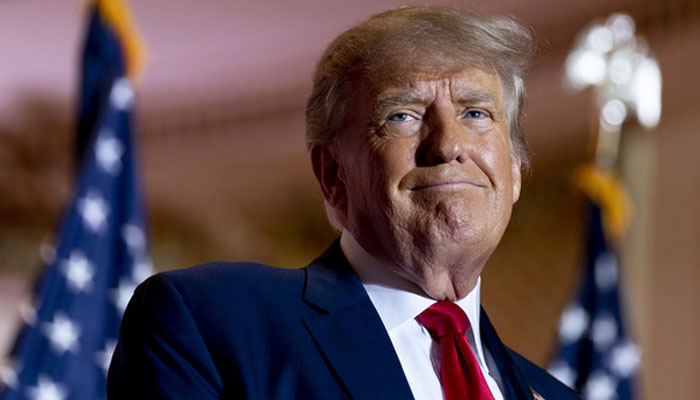Trump Reveals U.S. Intervention Averted Nuclear War Between India and Pakistan
U.S. Steps In as India-Pakistan Tensions Near Breaking Point
WASHINGTON, D.C. — In a startling revelation on Monday, former U.S. President Donald Trump announced that his administration played a pivotal role in halting a near-nuclear war between South Asian rivals India and Pakistan. Speaking to reporters, Trump claimed that the United States intervened just in time to prevent full-scale war, including potential nuclear escalation, between the two nations.
The former president stated that the Trump administration, which had previously maintained a neutral stance on the intensifying conflict, became actively involved after receiving a late-night emergency call while hostilities were ongoing. According to Trump, high-level overnight talks led to a ceasefire agreement announced on the afternoon of May 10.
Hostilities began escalating on the night of May 6 and 7, when Indian forces initiated cross-border strikes. Pakistan reportedly exercised restraint in the initial phase of aggression. However, the conflict sharply escalated when India launched attacks on three Pakistani air bases on the night of May 9 and 10. In response, Pakistan initiated “Operation Banyan Marsus,” targeting several Indian military installations.
Tensions between the nuclear-armed neighbors had reached a critical point by the time Trump’s administration stepped in. According to sources close to the negotiations, U.S. officials engaged in intensive diplomatic efforts throughout the night to convince both countries to halt further military action.
The ceasefire was officially announced just hours after the retaliatory strikes, with Trump publicly crediting his administration’s diplomacy for averting what could have been a catastrophic conflict. No official statements have yet been released by New Delhi or Islamabad regarding the U.S.-led intervention.
Read more:Donald Trump Vows to Boost Trade with Pakistan & India Post Ceasefire
This revelation underscores the fragile nature of peace in South Asia and the enduring risk of escalation between India and Pakistan, both of which possess nuclear weapons and share a long history of military tensions.





Comments are closed, but trackbacks and pingbacks are open.